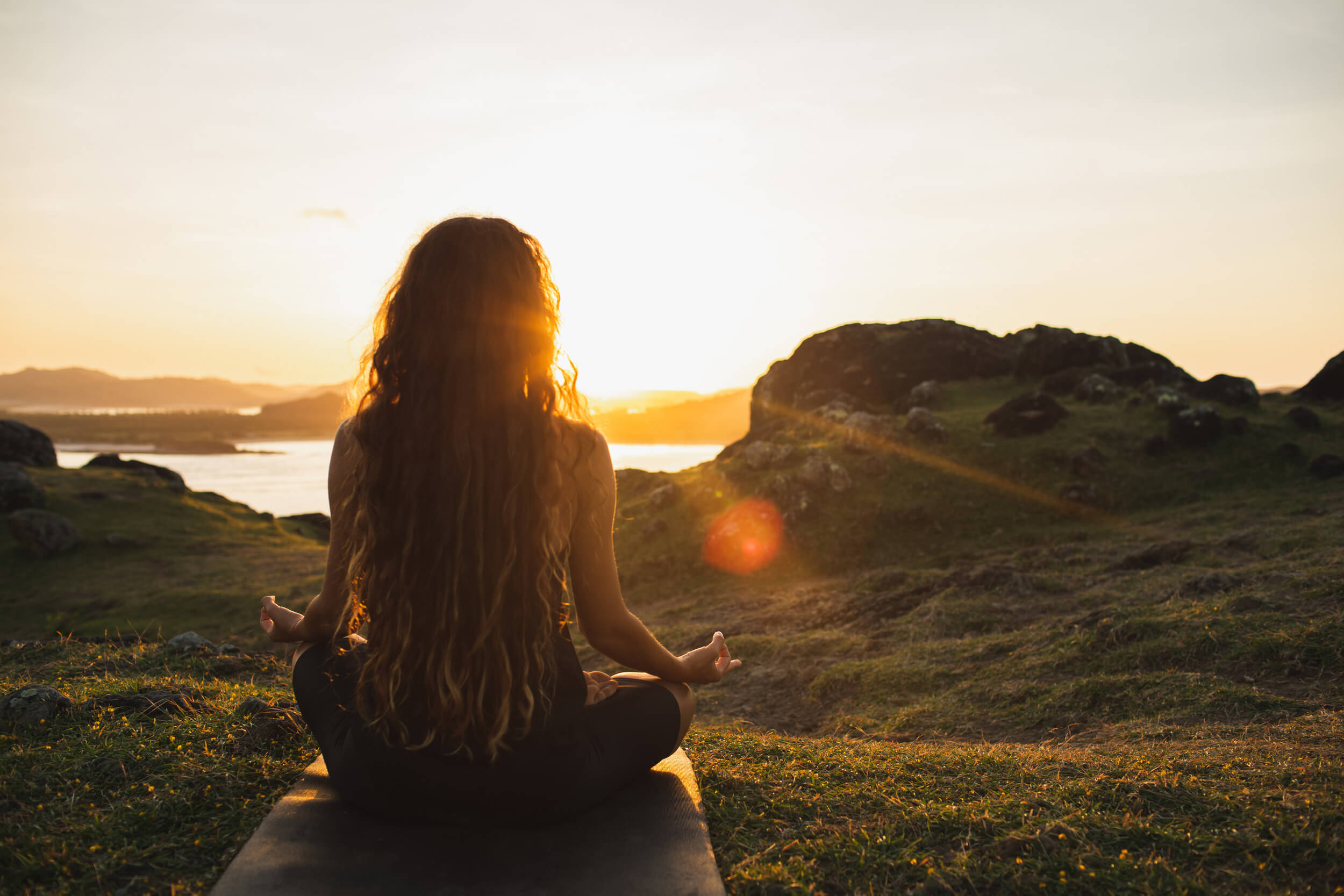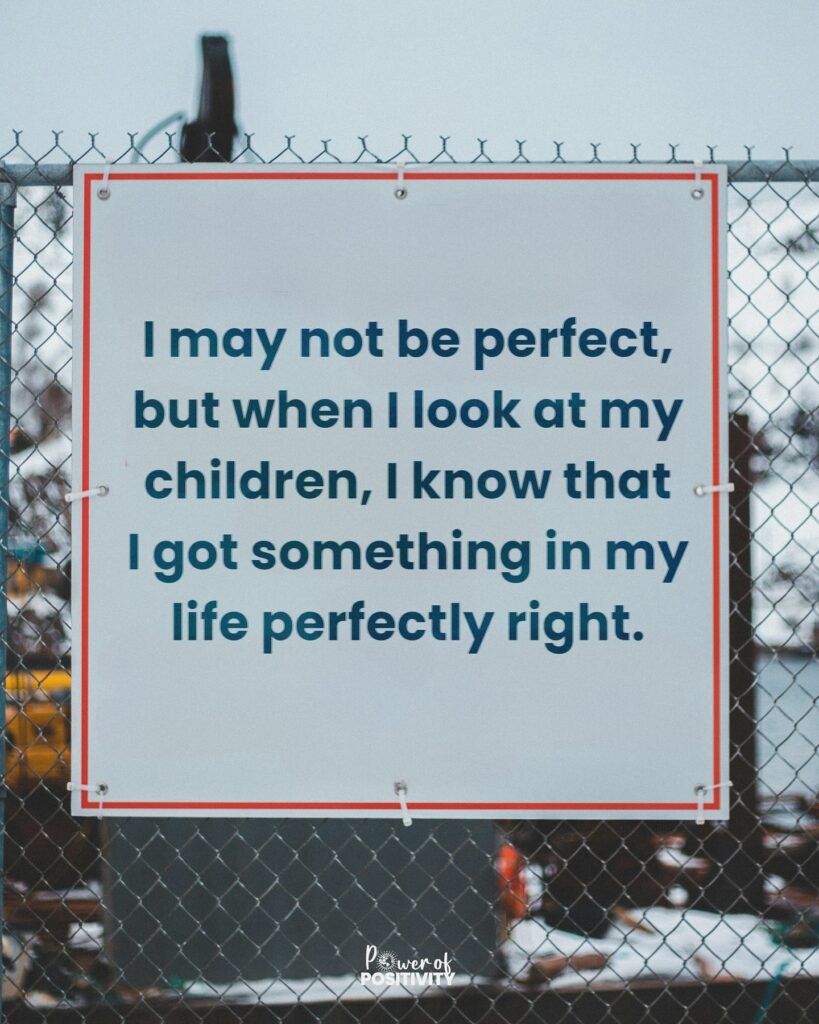What if the reason you’re tired, unfocused, or feeling off is because you’re looking at the wrong problem? Most people try to fix energy, focus, and health one at a time. But the truth is, they’re all part of the same thing—what you do each day adds up. That’s the Lifestyle Equation: small habits that work together, not apart.
Skipping sleep, grabbing fast food, or sitting for hours can slowly pull everything out of balance. But simple, natural changes can shift it back. No need for extreme diets or expensive routines—just a few smarter choices that actually fit into your real life.
This article breaks down what matters most: habits that give you more energy, help you stay clear-headed, and support your health—without making things complicated.
Part 1: Understanding the Equation—Why Energy, Focus, and Health Are Linked
It’s easy to treat low energy, lack of focus, or poor health like separate problems. But they’re not. In reality, these three are connected—and they often go up or down together. That’s what makes the Lifestyle Equation so important to understand.
When you’re low on sleep, skipping meals, or constantly stressed, your body responds in more ways than one. You might feel:
- Tired all day, even after coffee
- Foggy or forgetful at work
- More likely to catch a cold or feel rundown
Here’s why: the same things that drain your energy also make it harder to focus and stay well. If one part of your routine is off, the rest can slip too.
Think of it like a set of building blocks. Take one away, and the whole thing gets shaky. Fixing one habit often gives you a boost in all three areas—and that’s the heart of the Lifestyle Equation.
Part 2: Natural Energy Starts with What You Do (Not What You Take)
You don’t need a special drink or magic pill to feel more awake. The real fix starts with your daily choices. Natural energy comes from how you sleep, eat, and move.
Try these changes:
1. Sleep deeper, not longer
- Keep your bedtime and wake-up time the same every day
- Let in natural light first thing in the morning
- Make your room cool and quiet at night
2. Balance your meals
- Mix protein, healthy fat, and fiber with every meal
- Swap sugary snacks for nuts, fruit, or boiled eggs
- Choose whole foods over processed ones
3. Move your body—even a little helps
- Walk for 15 minutes when you feel a slump coming
- Stretch your legs and roll your shoulders once an hour
- Skip the nap—light movement boosts energy more
These habits help your body make energy naturally. That’s a major win for the Lifestyle Equation and something anyone can start today.
Part 3: Focus Isn’t Just Mental—It’s Physical Too
Many people think poor focus is just a mental issue. But your body plays a big role too. If you’re low on water, sleep, or nutrients, your brain won’t stay sharp.
Look at what might be throwing you off:
1. Common focus-killers:
- Skipping breakfast
- Eating too much sugar
- Not drinking enough water
- Staying up too late
2. Foods that help you think better:
- Eggs (great for memory)
- Leafy greens like spinach or kale
- Fatty fish like salmon
- Nuts and seeds (try pumpkin or sunflower)
- Avocados for healthy fats
3. Habits that sharpen your mind:
- Turn off unused tabs and apps
- Take a 5-minute break after every 25 minutes of work
- Sit near a window or step outside when you can
- Stretch your neck and back to stay alert
Small changes like these support your focus naturally—and that’s another key part of the Lifestyle Equation.
Part 4: Daily Habits That Support Long-Term Health
Your everyday choices matter more than once-a-year checkups. Simple habits—done often—can build a strong, healthy body over time. This part of the Lifestyle Equation is all about staying well without making it hard.
1. Take care of your gut
- Eat fermented foods like yogurt, kimchi, or sauerkraut
- Get fiber from beans, oats, fruits, and veggies
- Drink water regularly to help digestion
2. Set morning and evening routines
- Start the day with water, light movement, or a calm moment
- Avoid jumping straight into your phone
- In the evening, turn off screens 30 minutes before bed
- Use dim lights, sip warm tea, or stretch to wind down
3. Handle stress in small ways
- Take deep breaths for 1–2 minutes
- Write down what’s on your mind
- Go for a short walk to cool off mentally
- Talk to someone who listens without judging
Good health doesn’t need to feel like a chore. When you break it into little habits, it fits right into your day—and adds up to something big.
Part 5: What to Avoid—Lifestyle Habits That Quietly Drain You
Some habits look helpful on the surface but actually leave you feeling worse. These quiet energy-drainers can slip into your routine without you even noticing.
Watch out for these common traps:
- Too much caffeine: A coffee here and there is fine—but leaning on energy drinks or five cups a day can mess with sleep and make you jittery.
- Always “on” mode: If you never give your body real downtime, it stays in stress mode. Even a 10-minute break matters.
- Hidden stress around you: Bright lights at night, noisy spaces, skipping meals—these small things pile up and wear you down.
- Trying to do it all at once: Taking ten supplements or jumping into a strict workout plan rarely lasts. It’s the small, steady changes that stick.
The Lifestyle Equation works best when you keep things simple. Focus on doing a few things well, instead of everything perfectly.
Part 6: Building a Natural Routine That Actually Works
It’s hard to keep up with routines that feel forced or overwhelming. That’s why the best health habits are the ones that fit into real life—not the ones that look perfect on paper.
Start small and build on it:
- Create “anchor habits”:
- Drink water before coffee
- Stretch for 5 minutes while the shower heats
- Take a short walk right after lunch
- Match your routine to your life:
- Parents can use playtime with kids as movement
- Office workers might do standing desk stretches or walk during calls
- Freelancers can set timers for short breaks or breathing pauses
- Notice how you feel, not just what you track:
- Are you sleeping better?
- Do you feel calm more often?
- Are cravings or brain fog fading?
The Lifestyle Equation isn’t about being perfect—it’s about doing what works for you and sticking with it.
Part 7: Natural Support Tools Worth Considering (Without Going Overboard)
You don’t need a long list of powders and pills to feel better. But if you’ve got the basics covered, a few natural tools can help you go a little further.
Here are some you might try:
- For stress: Ashwagandha can help ease tension
- For sleep: Magnesium supports deep rest
- For focus: L-theanine (found in green tea) may keep you calm but alert
But don’t forget the free stuff:
- Get sunlight each morning—it helps reset your body clock
- Move your body every day, even if it’s light stretching
- Drink water regularly
- Rest your eyes and brain with screen-free time
Supplements should support your habits—not replace them. If you’re working on the Lifestyle Equation, your main focus should always be sleep, food, and movement.
Part 8: Nutrition, Movement, and Rest—How to Balance All Three Without Burnout
Keeping your body in balance doesn’t mean doing everything perfectly every day. The goal is progress that feels doable.
Try this weekly check-in idea:
- Did I move my body this week?
- Did I eat food that gave me energy?
- Did I rest when I needed it?
Let these areas support each other:
- Healthy meals make it easier to move
- Movement helps you fall asleep faster
- Sleep resets your hunger cues and focus
Don’t panic if things go off track:
- Skip the guilt
- Focus on one small win the next day
- Repeat what worked last week
This part of the Lifestyle Equation reminds us: you don’t need balance every second—just over time. Let your habits take care of you, not the other way around.
Conclusion: A Simple Life Is a Healthier One
Energy, focus, and health aren’t three separate things to chase—they work together as part of the Lifestyle Equation. When one improves, the others usually follow. You don’t need to change your whole life or follow strict rules to feel better. Most of the time, it’s the basic stuff—like better sleep, steady meals, and daily movement—that makes the biggest difference.
There’s no finish line to reach. Balance isn’t about being perfect—it’s about building habits you can come back to, even after busy weeks or off days. That’s where lasting health really starts.















